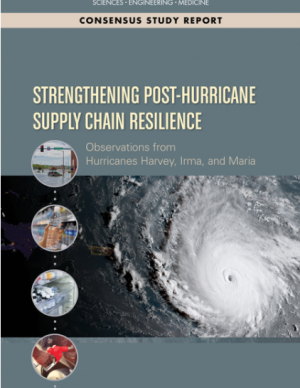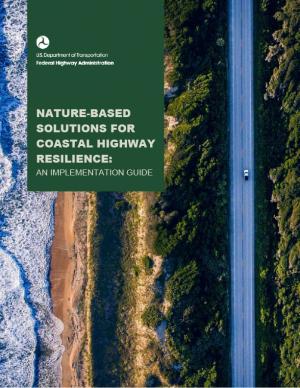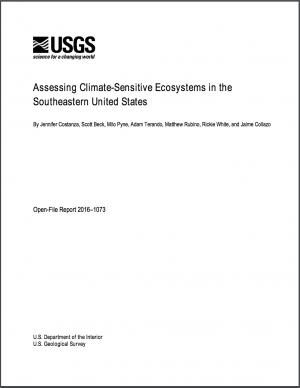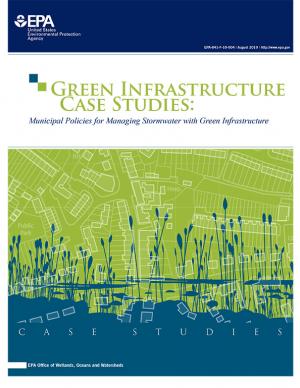Access a range of climate-related reports issued by government agencies and scientific organizations. Browse the reports listed below, or filter by scope, content, or focus in the boxes above. To expand your results, click the Clear Filters link.
In the third quarter of 2017, Hurricanes Harvey, Irma and Maria revealed some significant vulnerabilities in the national and regional supply chains of Texas, Florida, the U.S. Virgin Islands, and Puerto Rico. Drawing on lessons learned during the 2017 hurricanes, this report explores future strategies to improve supply chain management in disaster situations. It makes recommendations to strengthen the roles of continuity planning, partnerships between civic leaders with small businesses, and infrastructure investment to ensure that essential supply chains will remain operational in the next major disaster. Focusing on the supply chains food, fuel, water, pharmaceutical, and medical supplies, the recommendations of this report will assist FEMA as well as state and local officials, private sector decision makers, civic leaders, and others who can help ensure that supply chains remain robust and resilient in the face of natural disasters.
This guide is designed to help transportation practitioners understand how and where nature-based and hybrid solutions can be used to improve the resilience of coastal roads and bridges. It summarizes the potential flood-reduction benefits and co-benefits of these strategies, then follows the steps in the project delivery process, providing guidance on considering nature-based solutions in the planning process, conducting site assessments, key engineering and ecological design considerations, permitting approaches, construction considerations, and monitoring and maintenance strategies. The guide also includes appendices with site characterization tools, decision support for selecting nature-based solutions, suggested performance metrics, and links to additional tools and resources.
Climate change impacts ecosystems in many ways, from effects on species to phenology to wildfire dynamics. Assessing the potential vulnerability of ecosystems to future changes in climate is an important first step in prioritizing and planning for conservation. Although assessments of climate change vulnerability commonly are done for species, fewer have been done for ecosystems. To aid regional conservation planning efforts, this report assesses climate change vulnerability for ecosystems in the Southeastern United States and Caribbean.
This report presents the common trends in how 12 local governments across the country developed and implemented stormwater policies to support green infrastructure. The local policies examined include interagency cooperation, enforcement and management issues, and integration with state and federal regulations. While a strong motivation for these policies and programs is innovation in stormwater management, many communities are moving past the era of single objective spending and investing in runoff reduction and stormwater management strategies that have multiple benefits. Green infrastructure approaches have a range of benefits for the social, environmental, and economic conditions of a community. Not only do these case studies include success stories for building a comprehensive green infrastructure program, but they also provide insight into the barriers and failures these communities experienced while trying to create a stormwater management system that includes more green infrastructure approaches.
A collection of case studies and information about how coastal communities can plan for and adapt to climate change. These resources represent a national guide for how coastal communities can plan and adapt. Case study issues range from coastal managers addressing sea level rise in Rhode Island to coral bleaching caused by rising sea temperatures in Florida.








